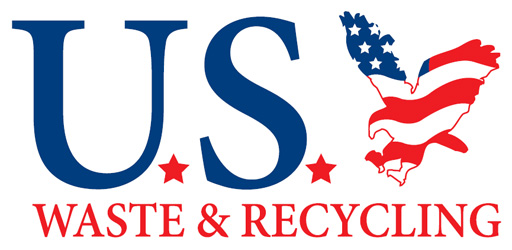All About Business Waste Prevention
Reducing your company’s waste in Atlanta can significantly cut down on your waste disposal and waste management costs. One of the biggest waste reduction strategies is implementing a comprehensive program that teaches employees how to reduce, reuse, and recycle waste. Here is a look at the ins and outs of business waste prevention and reduction.

Benefits of Waste Reduction
Your company will benefit tremendously from an effective waste management and waste reduction strategy. You will spend less time and money on waste management and waste disposal, which allows employees to focus on productivity in other key business departments and programs. You will be doing your part to protect the environment by limiting greenhouse gas emissions, reducing your contribution to global warming, and decreasing the amount of space needed in landfills. Reducing, reusing, and recycling also decreases the production and manufacture of new products, thus further reducing pollution and environmental depletion. Many people would rather do business with eco-friendly, green companies, so you may even gain more clients and customers through your waste reduction efforts.
What You Can Learn from Business Waste Analytics
Before you implement a waste reduction and recycling program, you should perform waste analytics throughout your company. This is a service that might be offered through your local waste management company. Waste analytics allows you to determine how much waste each department generates from day to day. You can then identify areas in which you can reduce the waste generated by reusing or recycling certain materials. You can also develop strategies to use recyclable materials in your packaging, manufacturing, shipping, and other business processes.
Key Waste Reduction Strategies
They key elements of any successful waste reduction strategy are reduce, reuse, and recycle. Your employees should be aware of which materials are recyclable, and should have convenient access to recycling bins or dumpsters. They should also know which materials can be reused, either in their department, or another department. Finally, they should be aware of how they can reduce their waste production and waste disposal. Employees should be held accountable for waste reduction.
